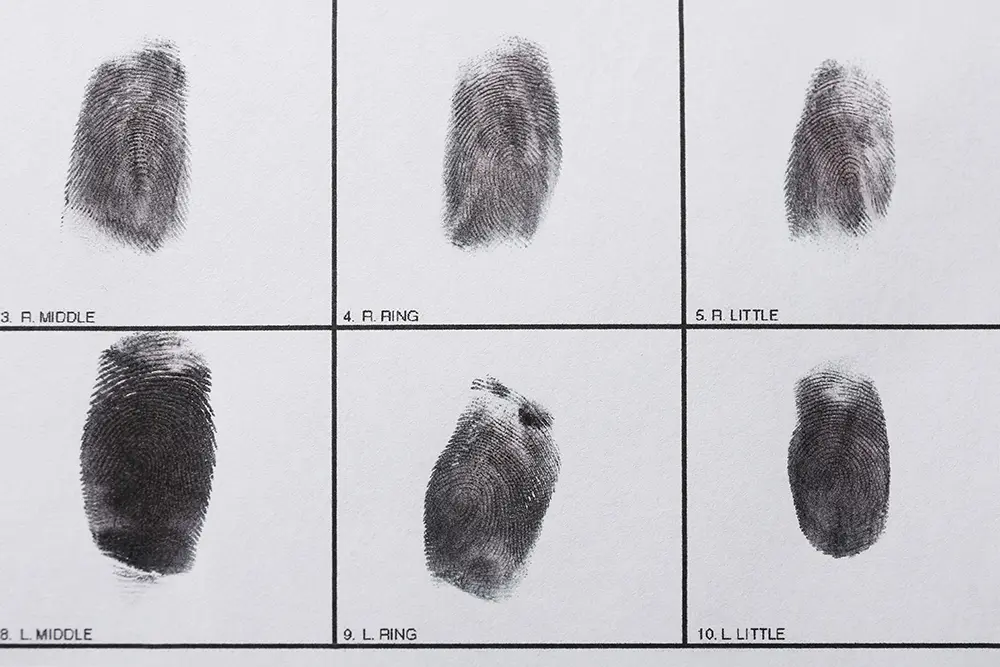News
Student Post: It’s Time for Raleigh Police to Defer Mental Health Crises to Trained Professionals
Editor’s note: There are several Duke University and Duke Law students working with the Wilson Center for Science and Justice this semester, including some who are working on a “blog team.” Those students are learning about the intersection of the criminal system with communications. As part of a recent assignment, four students wrote op-ed-style articles […]

Tags: mental health, mental health crises, police policies, police violence, policing, use-of-force
October 19, 2020
Wilson Center Signs Letter Calling for Federal Rule Amendment to Stop Use of Unreliable Science in Court
The Wilson Center for Science and Justice has signed on to a letter to the Committee on Rules of Practice and Procedure at the Administrative Office of the United States Courts calling for the use of only sound scientific evidence in the criminal legal system. “Our respective experiences underscore the importance of amending Federal Rule of Evidence […]

Tags: expert witnesses, federal courts, forensic science, junk science, Rule 702
October 16, 2020
Friday: Expert Panelists to Discuss COVID-19 Spread in Jails, Prisons
Join Duke Science & Society and our panel of experts in a discussion of how COVID-19 has spread through jails and prisons, how that is affecting not only inmates but also surrounding communities, what corrections officials are – and are not – doing to address COVID-19, and what should be done to improve health outcomes […]

Tags: coronavirus, COVID-19, COVID-19 in prisons, Duke Science & Society
October 12, 2020
NEW: Duke Scientific Integrity Associate Interviews Brandon Garrett About Criminal Legal System
Emilia Chiscop-Head, Ph.D. and Scientific Integrity Associate at Advancing Scientific Integrity, Services and Training (ASIST) recently caught up with Wilson Center Director Brandon Garrett about the criminal legal system, structural racism and policing reforms. Brandon L. Garrett, JD is the inaugural L. Neil Williams, Jr. Professor of Law and came to Duke in 2017 from […]

Tags: Advancing Scientific Integrity, Brandon Garrett, forensic science, Services and Training, Wilson Center for Science and Justice
October 7, 2020
A Look at the Wilson Center’s Work for the Innocent on Wrongful Convictions Day
By: Brandon L. Garrett Today we celebrate international Wrongful Convictions Day, for the sixth time. In those years, we have seen exonerations mount in the U.S. and around the world. New laws directed at recognizing claims of innocence, preserving and testing new evidence, improving forensic science, and combating false confessions, eyewitness misidentifications, and jailhouse informant […]

Tags: eyewitness evidence, false confessions, forensic evidence, forensic science, Wilson Center for Science and Justice, Wrongful Convictions Clinic, Wrongful Convictions Day
October 2, 2020
Dr. Allison Robertson Discusses Medication-Assisted Treatment Research Successes, Challenges
There is strong evidence to show the effectiveness of medication-assisted treatment (MAT) with justice-involved individuals but still a number of barriers in place to implementing it, according to Dr. Allison Robertson, a member of the Behavioral Health Core at the Wilson Center for Science and Justice at Duke Law. Robertson – who is an associate […]

Tags: Duke School of Medicine, HRSA, medication-assisted treatment, methadone, opioid use disorder, Suboxone, substance use disorder, Vivitrol
September 29, 2020
Upcoming Event: Experts to Discuss Qualified Immunity
Join us this Wednesday at 12:30 p.m. on Zoom (Webinar ID: 993 5469 1485) for an event on called Unqualified Immunity? The Challenges of Holding Federal Officials Accountable. The event features Anya Bidwell from the Institute for Justice, who is working on a case called Brownback v. King which will be in front of the […]

Tags: Brownback v. King, Duke Law Federalist Society, Institute for Justice, police officers, qualified immunity
September 28, 2020
Celebrating National Recovery Month through Awareness of Psychiatric Advance Directives
By Dr. Marvin Swartz National Recovery Month is a national observance every September to educate Americans that persons with behavioral health disorders can live healthy and rewarding lives. Recovery month is also an opportunity to reflect on the struggle to achieve recovery and the critical value of treatment and other support services. Unfortunately, some individuals […]

Tags: behavioral health, involuntary treatment, Marvin Swartz, mental health, mental health crises, National Recovery Month, Psychiatric Advance Directives
September 25, 2020
